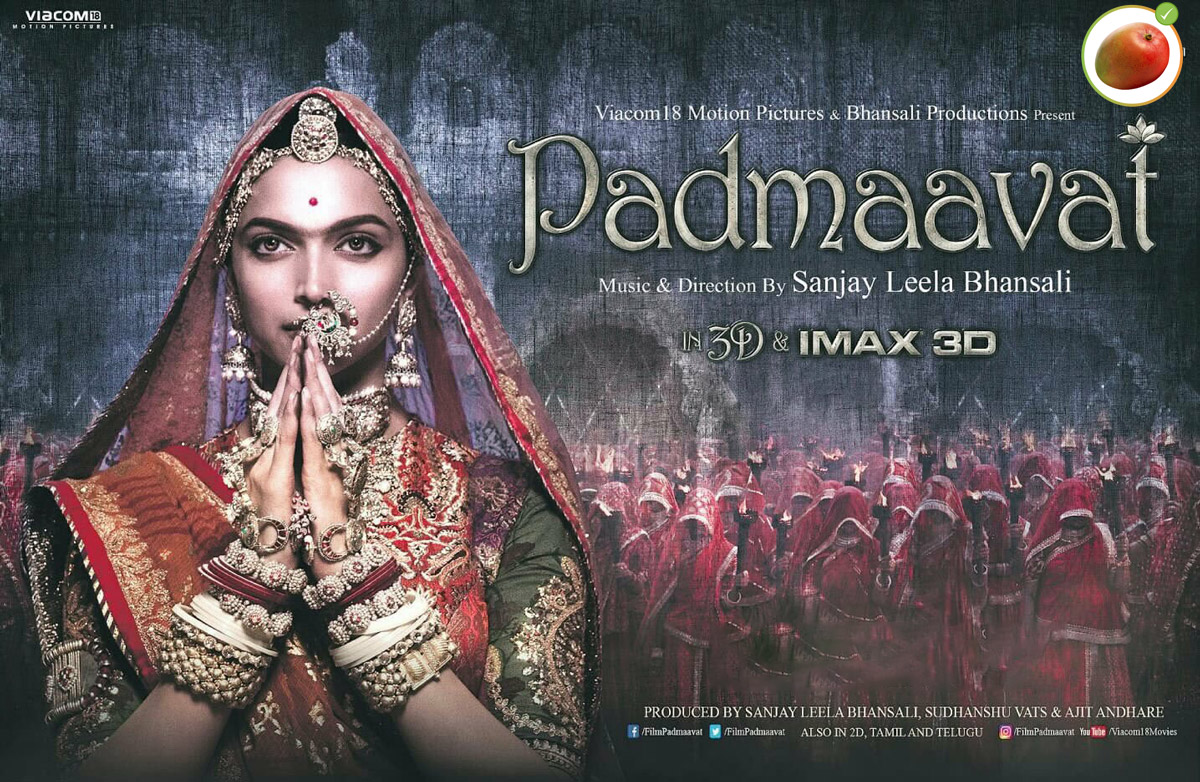Bollywood has a secret marketing strategy, one that involves controversy, bans and boycotts to stir up public curiosity, resulting in a boost in movie revenue. The latest movie to adopt this technique is “The Kerala Story,” a controversial film that portrays forced religious conversion and the alleged ISIS recruitment of 32,000 women from Kerala. Although some political leaders have called for its ban, the movie has already grossed over Rs. 37 crores in three days in India since its release on May 5, 2023 and is now screening tax-free in the state of Uttar Pradesh.

Controversies, whether genuine or fabricated, have become a part of the Bollywood movie industry, with makers accused of intentionally creating them for publicity. Negative publicity has even become a tool for success in some of the biggest box office hits in Bollywood.
Here is a list of some movies that have used controversy and bans for marketing purposes:
Black Friday (2004)

The movie is based on the 1993 Mumbai bomb blasts and was banned for two years due to fears that it would influence the verdict of the case. The movie was finally released in 2007 and was a critical and commercial success.It was a nominee for the Golden Leopard award at the Locarno International Film Festival and won the Grand Jury Prize at the Indian Film Festival of Los Angeles. It cost 6.5 crore (US$810,000) to produce, but it brought in a total of 8 crore (US$1.0 million) at the box office.
My Name is Khan (2010)

The movie faced opposition from the Shiv Sena due to Shah Rukh Khan’s comments on Pakistani players in the IPL. While competing in the IPL the same year as the movie’s release, SRK expressed his desire to include Pakistani cricket players. This obviously didn’t sit well with the Shiv Sena and late politician Bal Thackeray, who issued a statement threatening to stall Shah Rukh Khan’s “My Name Is Khan” if he doesn’t retract his remarks about allowing Pakistani athletes to compete in the IPL. The controversy only served to heighten the excitement, and the film went on to become a box office success, earning $223 crore globally and topping all Hindi films of 2010 in terms of box office collection worldwide.
Lipstick Under My Burkha (2016)

The movie faced a ban from the CBFC for being “lady-oriented” and containing sexual scenes and abusive language, as well as objections to the use of the word “burkha”. The controversy generated unexpected promotional mileage for the movie, which eventually received certification after a hard battle with the board and grossed a box office collection of 26.68 crores INR.
Padmaavat (2018)

This movie was one of the most controversial movies of recent times. It faced opposition from Rajput groups who alleged that the movie distorted historical facts. The movie’s release was delayed, and the makers had to change the name from “Padmavati” to “Padmaavat.” The controversy around the movie generated a lot of curiosity among audiences, and the movie ended up making over Rs. 585 crore worldwide. The controversy only added to the hype, and the movie went on to become a box-office hit.
Kabir Singh (2019)

The movie faced a lot of criticism for its depiction of toxic masculinity and glorification of violence. However, the controversy generated a lot of interest among the audience, and the movie went on to become a box office hit, grossing over Rs. 370 crore worldwide.
Udta Punjab (2016)

This movie was embroiled in a controversy when the CBFC demanded multiple cuts and changes. The movie’s makers refused to make the changes, and the controversy generated a lot of interest among audiences. The movie ended up making approximately Rs. 100 crore at the box office.
PK (2014)

This movie, starring Aamir Khan, faced opposition from Hindu groups who alleged that the movie hurt their religious sentiments. The movie’s release was delayed, and the controversy generated a lot of curiosity among audiences. The movie ended up making over 760 crores worldwide.
Ae Dil Hai Mushkil (2016)

This movie faced opposition from right-wing groups who demanded a ban on the movie due to the presence of Pakistani actor Fawad Khan. The controversy generated a lot of interest among audiences, and the movie ended up making over Rs. 237 crore worldwide.
Although these movies have faced opposition, bans, and boycotts, they have still made huge profits, proving that negative publicity can be an effective marketing tool.
Creating a Controversy – The New PR Machinery
The Bollywood PR machinery has developed a new form of film promotion, where manufactured or natural controversies can generate free publicity. Negative publicity has become a powerful tool to create word-of-mouth hype.
However, it’s important to note that controversies must be genuine to help a film. False controversies may fall flat and can even harm a movie’s chances at the box office. Filmmakers and stars must be careful while touching on sensitive issues and ensure they do not offend any particular community or group.
Controversy Does Not Guarantee Success


While controversies can boost initial interest, they do not always guarantee box office success. Movies like Simran and Jab Harry Met Sejal have shown that controversy does not always translate into success. Simran was embroiled in a controversy when its lead actress, Kangana Ranaut, made some controversial statements on a TV show. However, the movie failed to make a mark at the box office. Similarly, Jab Harry Met Sejal was in the news for its title but the controversy did not translate into a hit.
The Promotional Power of Banning and Boycotting
Banning and boycotting have become powerful marketing tools for Bollywood movies. Bans, like the ones faced by Black Friday, Lipstick Under My Burkha and Padmaavat, have generated significant curiosity among audiences, resulting in increased ticket sales. Boycotts, like the one faced by Ae Dil Hai Mushkil, can also generate free publicity for a film.
Controversies can have a significant impact on a movie’s fate. They can create curiosity among audiences and contribute to an increase in revenue. However, filmmakers and stars must be careful while touching on sensitive issues. It is essential to strike a balance between creating controversy and respecting societal norms and values.
Also read: Bollywood’s Reality Check: Regional Cinema Takes Center Stage
Negative publicity or controversies can act as a marketing device, generating curiosity among audiences and contributing to the revenue increase. While some controversies may be manufactured, genuine controversies can help a film. It is important to remember that controversies must be handled carefully, and filmmakers must ensure they do not offend any particular community or group. When handled well, controversies can lead to box office success, but it’s not always guaranteed.
















